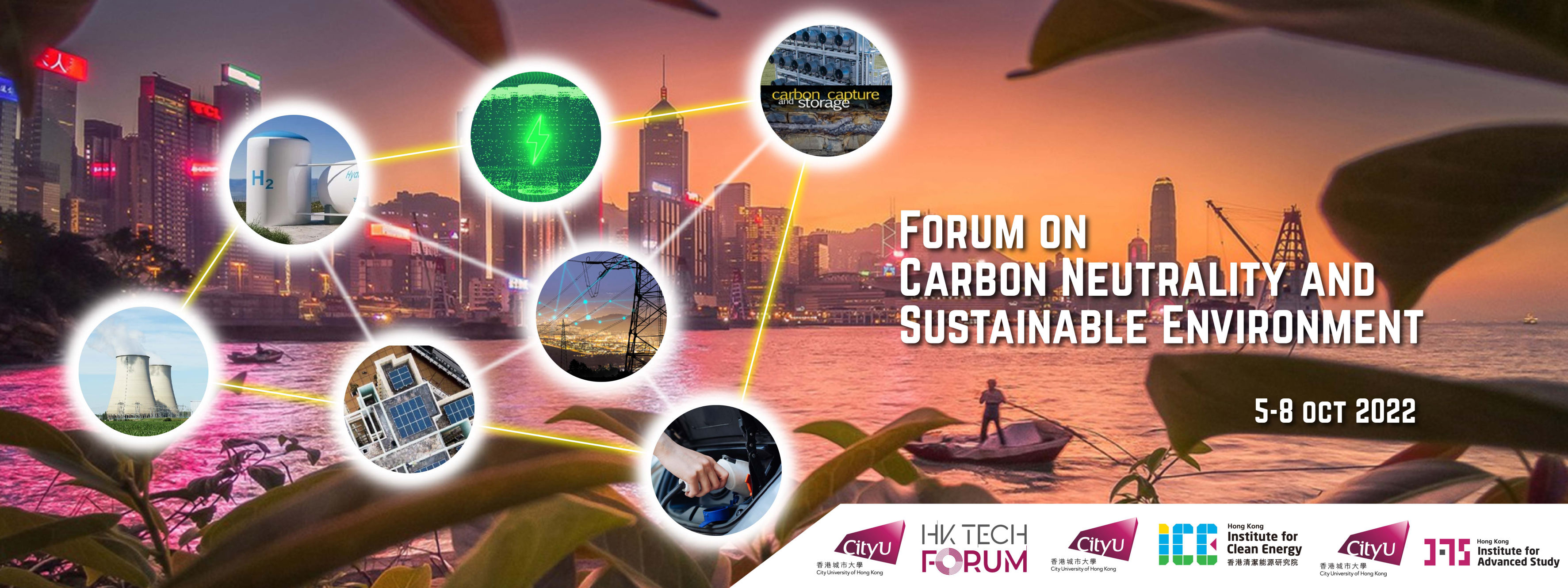Invited Speaker
Biography
Prof. Yi-Chun Lu received her Ph.D. degree from MIT in 2012. She is a Professor in the Department of Mechanical and Automation Engineering at The Chinese University of Hong Kong (CUHK). She serves as the Associate Editor of Journal of Materials Chemistry A and Materials Advances from Royal Society of Chemistry. She is Fellow of Royal Society of Chemistry, Founding Member of Young Academy of Science of Hong Kong and was the recipient of RGC Research Fellow 2022, Xplorer Prize 2021, IBA Early Career Award 2021, Excellent Young Scientists, National Natural Science Foundation of China (2019), and Hong Kong SAR Research Grants Council Early Career Award (2014). Prof. Lu's research interest centers on developing fundamental understandings and material design principles for clean energy storage and conversion. Specifically, her research group is studying: Electrode and electrolyte design for high-energy aqueous batteries, metal-air and metal sulfur batteries; Redox-active components and solution chemistry for redox-flow batteries; Electrode and electrolyte design for high-voltage aqueous batteries; Mechanistic understanding of interfacial phenomena governing electrochemical energy conversion and storage processes.
Materials Design Strategies for High-Energy and Safe Battery Systems
Yi-Chun LU
The Chinese University of Hong Kong
Keywords: Energy storage, aqueous batteries, redox flow batteries
Abstract
Energy storage system is a critical enabling factor for deploying unstable and intermittent renewable power sources, such as solar and wind power sources. Non-aqueous lithium ion batteries dominate the battery markets owing to its high energy density. However, they are flammable, which could bring catastrophic damages in large-scale applications. Redox flow batteries are promising technologies for large-scale electricity storage, owing to its design flexibility in decoupling power and energy capacity. However, redox flow batteries have been suffering from low energy density, which significantly decreases its competitiveness for both stationary and transportation applications. In this presentation, we will discuss strategies to improve the safety, energy density, and cycle life of Li-ion batteries and redox flow batteries. Ultimately, we aim to enable stable and efficient high-energy-density energy storage systems to address the intermittency of the renewable power sources. This will bridge the gap between intermittent renewable power supplies and power demands in grid-storage and electric-vehicles.

